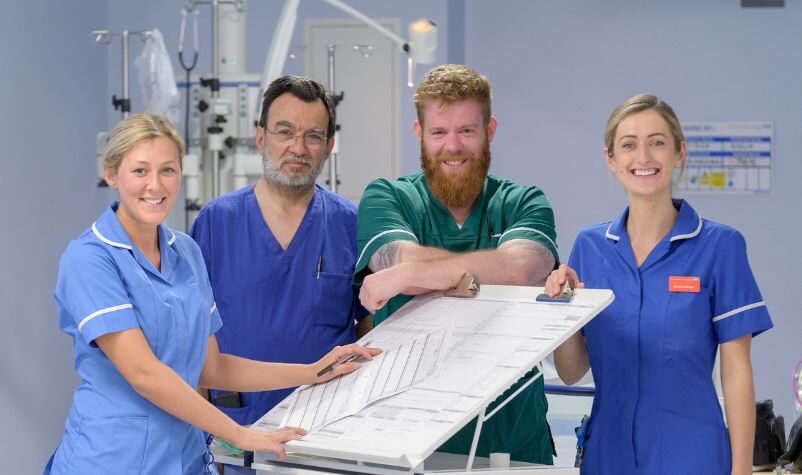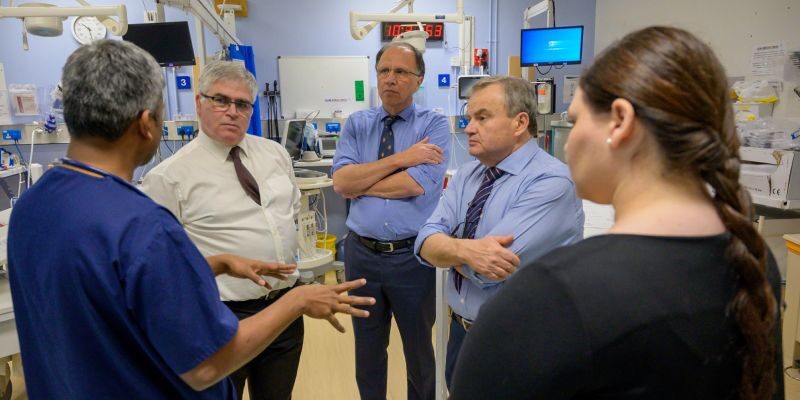Our vision is to provide the highest quality specialist and integrated care.
We will do this through delivery of our multi-year goals and strategic priorities, which you can read about on this page.
Central to it all is The Leeds Way – our values and behaviours that are at the heart of everything we do.
The Leeds Way values are:
- Patient centred
- Fair
- Collaborative
- Accountable
- Empowered


